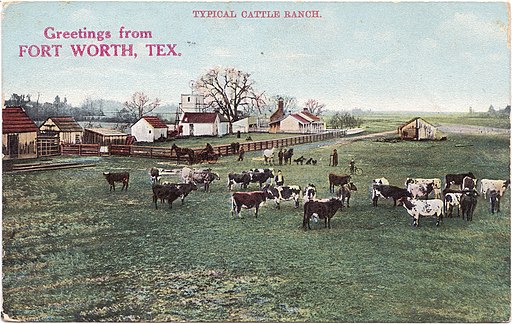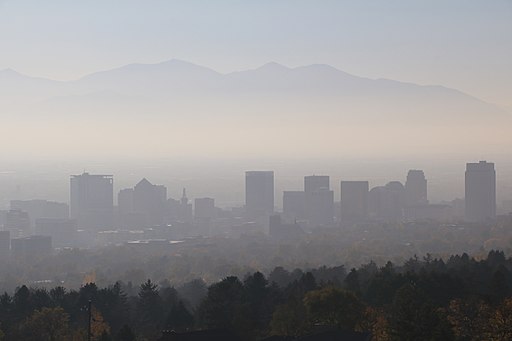 On December 15, the US Government Accountability Office released a report on the Internal Revenue Service’s failings in “providing customer service to taxpayers.”
On December 15, the US Government Accountability Office released a report on the Internal Revenue Service’s failings in “providing customer service to taxpayers.”
Are taxpayers “customers?” Let’s have a look at that idea.
“For years,” George Ochenski writes at CounterPunch, “we’ve all heard politicians claim they should ‘run government like a business.’ But of course government isn’t a business …. the governor’s ‘duties’ are not to make a profit for himself and his corporate shareholders as he did in business. Rather it is to serve the people of the state and uphold his oath of office to protect and honor our Constitution.”
That’s a riff on the old myth enshrined in the US Declaration of Independence: “We hold these Truths to be self-evident, that all Men are created equal, that they are endowed by their Creator with certain unalienable Rights, that among these are Life, Liberty, and the Pursuit of Happiness — That to secure these Rights, Governments are instituted among Men, deriving their just Powers from the Consent of the Governed …”
In reality, government can be run like a business, and government is run like a business, because government is a business.
But, as with broadcast television, social media platforms, and “free” Internet services, the taxpayer or “average citizen” is government’s product, not its customer.
What kind of business is government? The best metaphor is that of a sprawling ranch, raising various types of livestock, each of which may be put to various uses.
As a taxpayer, you’re a cow to be milked, or a hen whose eggs are gathered, or a sheep who’s periodically sheared.
As a prospective incarcerated “criminal,” you’re a pet whose kenneling is paid for by those cows and hens.
As a prospective conscript, you’re a steer or hog or fryer being fattened up for future slaughter.
And as a prospective parent, you’re “breedstock,” charged with keeping the rancher supplied with new generations of cows, hens, pets, steers, hogs, and fryers.
Those are the roles played by members of society’s productive class — the people who make useful things and provide useful services.
Government is the rancher.
The customer is the political class — those who buy you, and everything you produce that the rancher doesn’t eat himself, paying the rancher with both material wealth and continued power to run the Lazy G Ranch operation. Government employees. “Defense” and “prison” and other “ranch services” contractors. Ostensibly “private” businesses seeking preferential treatment from the rancher for their own enterprises.
Do you benefit at all? Well, yes, in the same sense that the hogs get slopped, the steers get grain and grazing space, etc. But to the extent that this is a trade proposition, let’s face it: You’re working for chicken feed.
Thomas L. Knapp (Twitter: @thomaslknapp) is director and senior news analyst at the William Lloyd Garrison Center for Libertarian Advocacy Journalism (thegarrisoncenter.org). He lives and works in north central Florida.
PUBLICATION/CITATION HISTORY


